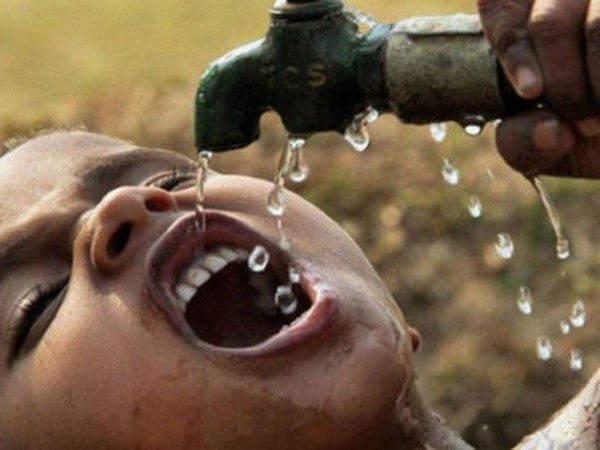Washington: Policymakers worldwide need to engage in collective action and support the goal of delivering education, health, power, roads, water, and sanitation to growing populations, according to the International Monetary Fund (IMF).
Without adequate financing, the best intentions of the global community expressed in the Sustainable Development Goals (SDGs) will remain beyond reach, said Christopher Lane, Special Representative of the IMF to the United Nations.
“Recent setbacks in financing for development should, therefore, focus policymakers’ attention on the need for decisive national strategies so these best intentions might be realized,” he wrote in the blog released on Thursday (local time).
The financing needs are not small change. A recent IMF study estimated that additional annual spending needs by 2030 will be 2.6 trillion dollars in low-income and emerging markets for the big-ticket SDGs delivering education, health, power, roads, water, and sanitation to growing populations.
The financing challenge is particularly large in low-income and fragile states, given their low starting point, rapid population growth and often weak growth trajectory accounting for one-fifth of the total financing needs.
Significantly, the United Nations says some recent developments may make mobilizing financing more difficult.
Global growth has likely peaked, trade restrictions are intensifying, some emerging markets are experiencing capital flow reversals, and debt risks are rising with about 30 low-income countries at a high risk of debt distress or in debt distress.
However, Lane said while the financing challenges are large, they are not overwhelming for most countries.
“Harnessing the necessary resources could be achieved through a combination of revenue mobilization, attracting private finance and supporting financial sector development. Policymakers will need to engage in collective action and practice a new multilateralism in support of global goals,” he said.
“We are indeed at a delicate moment for the global economy,” said Lane adding that while poverty rates have dropped around the world, resources will still be needed to tackle the goal of ending poverty in all its forms.
[source_without_link]ANI[/source_without_link]

